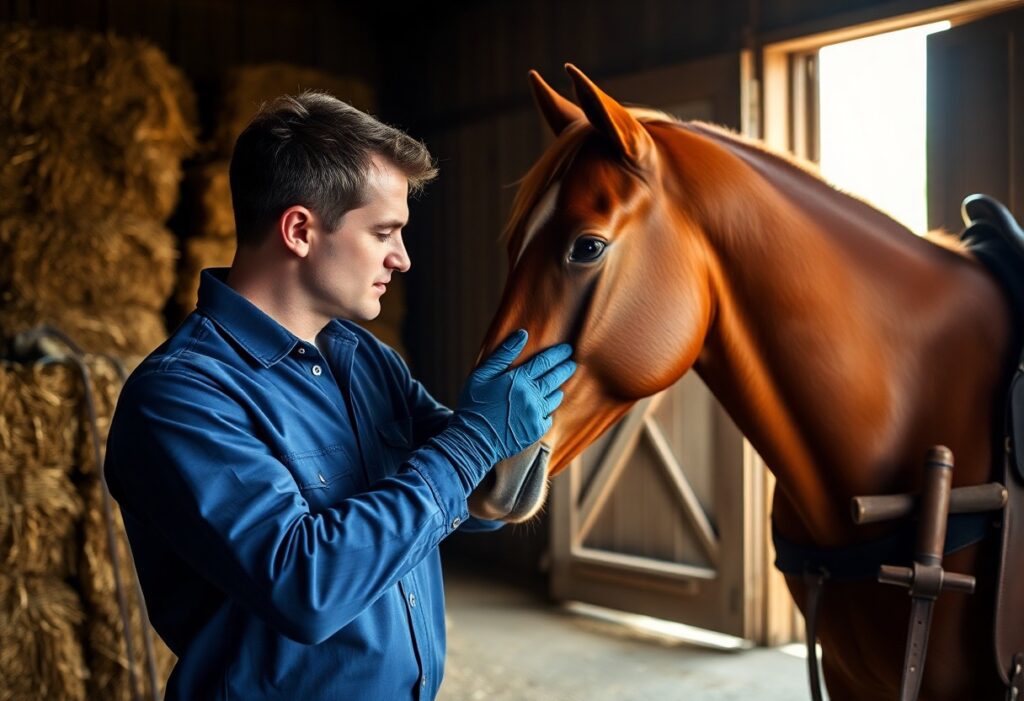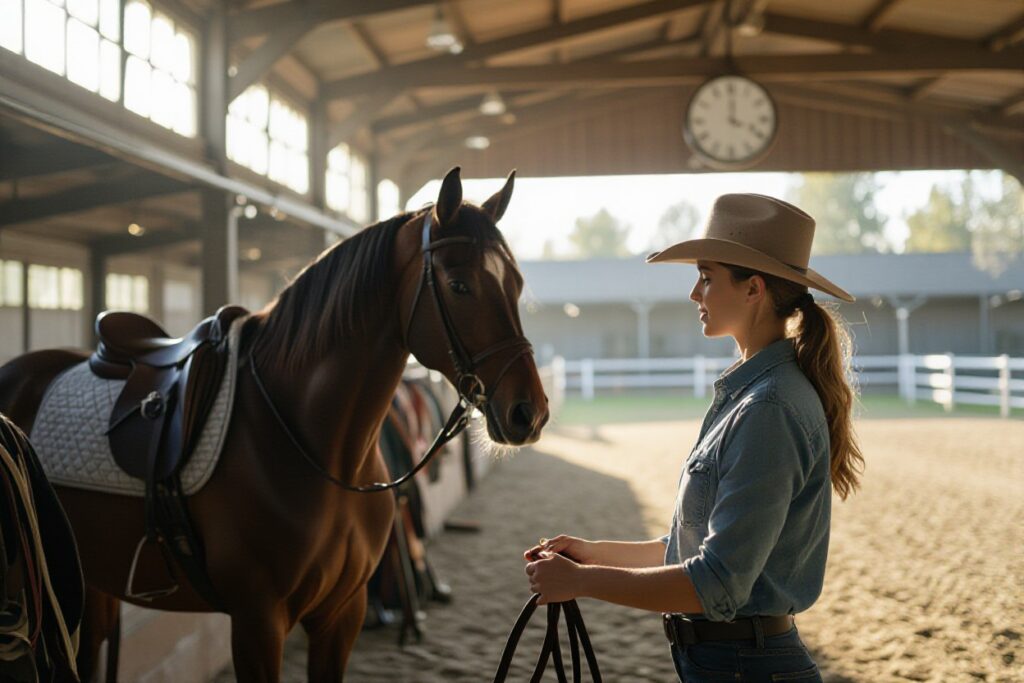You may be surprised to learn that the daily work of horse trainers involves much more than simply riding and instructing horses. Trainers are responsible for a wide array of tasks that ensure the health, safety, and performance of their equine athletes. Understanding their daily routines sheds light on the commitment and expertise necessary in this profession.
In the early morning hours, you would often find trainers at the stable preparing for the day ahead. This typically begins with feeding the horses and ensuring they have fresh, clean water. Proper nutrition is vital to maintain the horses’ energy levels and overall well-being. You would observe trainers meticulously checking the grain and supplements to ensure every horse receives a tailored diet that meets its specific needs.
Once the horses are fed, your next task involves grooming. This activity is not just about keeping the horses clean but also about building a bond and observing any changes in their condition. Trainers take the time to check for cuts, swelling, or other signs of discomfort. You would see them using brushes, hoof picks, and other tools while they chat with the horses, reinforcing trust and communication.
After grooming, training sessions commence. Depending on the horse’s discipline—be it dressage, show jumping, or race training—the trainer designs a structured regimen tailored to meet each horse’s athletic goals. You may witness the horse being lunged, ridden, or put through specific exercises to develop its skills. Each session is planned meticulously to enhance performance while minimizing the risk of injury.
During training, you would observe trainers employing various techniques to communicate with the horses. They use subtle hints, body language, and consistent verbal commands to convey their intentions. Trainers also meticulously record each session, noting the horse’s responses to help refine future workouts.
After training, attention shifts to health care. You would see trainers coordinating with veterinarians to schedule regular check-ups, vaccinations, and treatments. This includes paying close attention to dental care, hoof maintenance, and any signs of illness. Maintaining your horse’s health is a significant part of a trainer’s responsibilities.
Besides training and health care, you will also find horse trainers involved in administrative tasks. This includes scheduling training sessions, managing stable staff, and handling finances. Communication with owners and potential clients is vital, as trainers often need to provide updates on the horses’ progress and discuss future plans. You might witness trainers preparing reports, planning events, or even participating in promotional activities.
In the late afternoon, the day typically wraps up with another round of grooming and feeding. After a long day, trainers ensure that every horse is settled and comfortable in its stall. You would see them checking for adequate bedding and securing blankets for cooler nights.
In the final consideration, the work of horse trainers is a multifaceted endeavor that requires passion, skills, and a deep understanding of these magnificent animals. From early morning chores to the intricacies of training, every aspect is crucial in shaping a horse’s future in the equestrian world.











